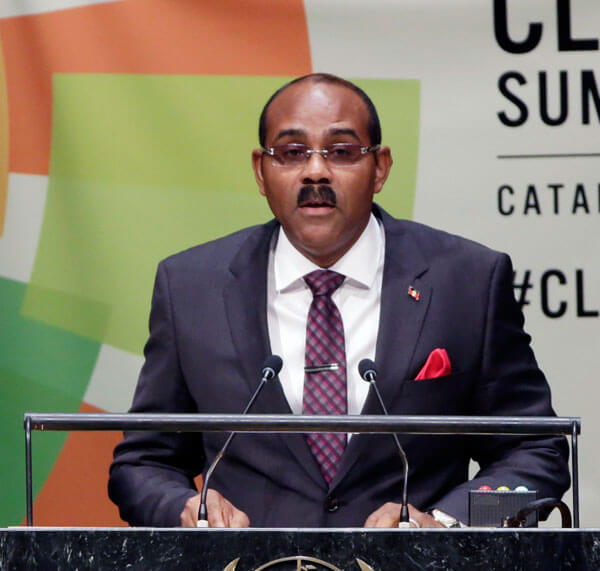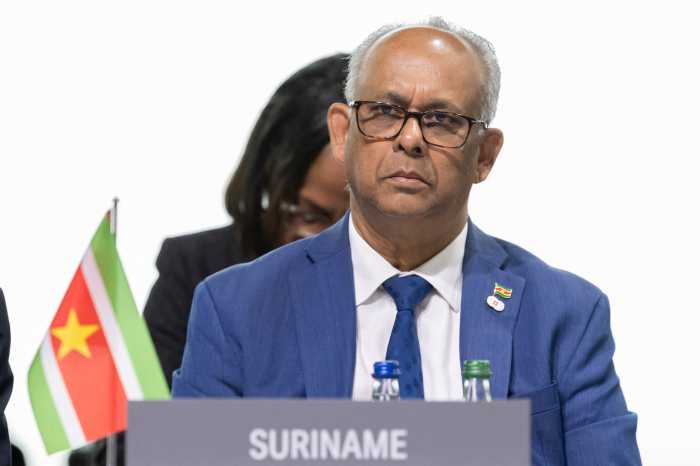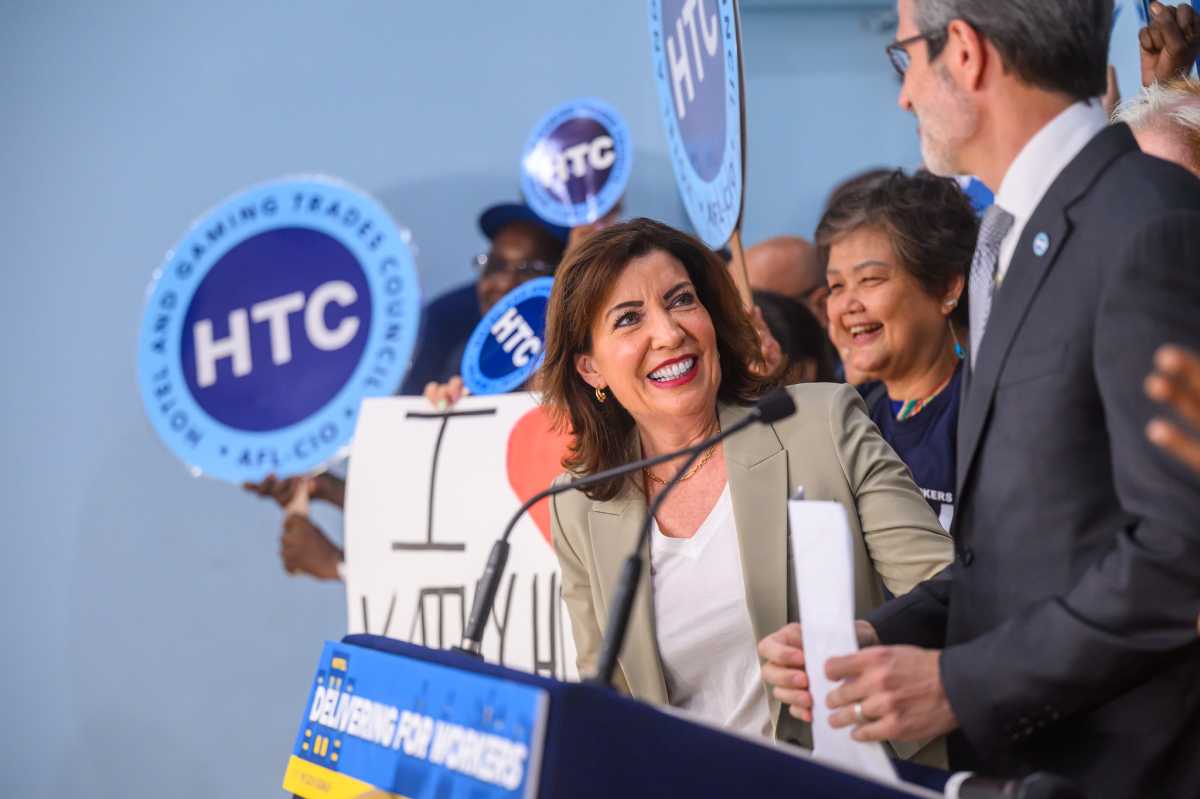Antigua and Barbuda is planning to join several other Caribbean Community (CARICOM) member-states in having the Caribbean Court of Justice (CCJ) as its final court of appeal.
A three-month public education campaign was recently launched in the twin-island nation as the government prepares to hold a referendum to determine whether to replace the London-based Privy Council with the Trinidad-based CCJ.
The campaign, which has bi-partisan support, will span three months on a budget which government said will exceed EC$2 million.
While no date has been set, the government hopes to hold the referendum in June.
Guyana, Barbados, Belize and Dominica are using the CCJ as their final court of appeal.
Showing a united front, Prime Minister Gaston Browne and Leader of the Opposition United Progressive Party (UPP) Baldwin Spencer who were both at the head of the table for the launch, urged the electorate to choose the CCJ, contending it will provide easier access to justice.
PM Browne made a clarion call for all registered voters in Antigua and Barbuda to support this important institution of regional governance and sovereignty.
He said the current final appellate court “is clearly an outmoded colonial construct that was designed exclusively for the wealthy few and has failed to provide broad-based accessibility and dispensation of justice to the masses.”
The prime minister said justice is not only delayed because of the remoteness of the Privy Council but, in many instances was denied because of inaccessibility associated with the prohibitively high costs.
Former attorney general Justin Simon QC noted that between 2007 and 2014 about a dozen cases from Antigua and Barbuda were taken before the Privy Council, while over 30 cases were taken before the CCJ, which was inaugurated in 2005 and which also serves as an international tribunal interpreting the Revise Treaty of Chaguarmas.


























